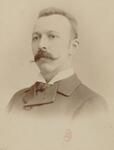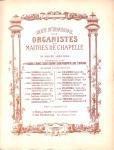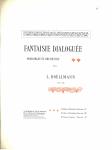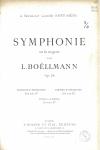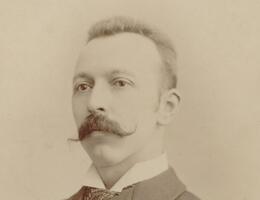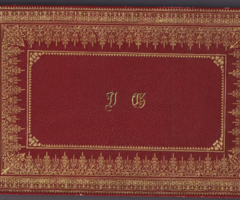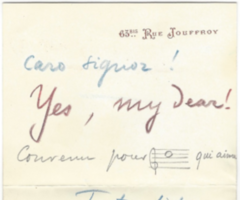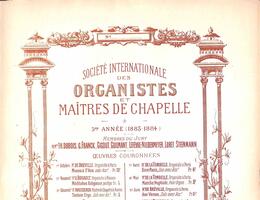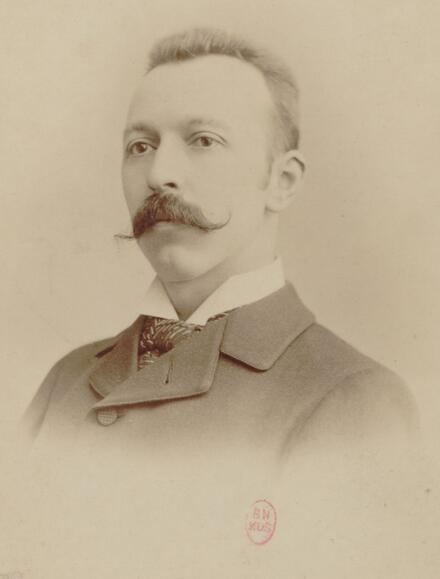
Léon BOËLLMANN
1862 - 1897
Composer, Organist, Journalist
Having shown a remarkable early gift for music, Léon Boëllmann left his native Alsace in 1875 to study in Paris at the École Niedermeyer. In his mastery of counterpoint and form it is clear that owed much to the teaching of Eugène Gigout (harmony) and Gustave Lefèvre (composition). After completing his studies, Boëllmann was appointed organist to the choir of the church of Saint-Vincent-de Paul (Paris), where he later became titular organist (1887). Some of his best-known pieces, composed for the church’s Cavaillé-Coll organ (Suite gothique op. 5, 1895; Deuxième Suite op. 27, 1896; Fantaisie dialoguée pour orgue et orchestre op. 35, 1896), are in the symphonic tradition of Charles-Marie Widor and Alexandre Guilmant. Alongside these scores intended for concert performance, Boëllmann composed sacred vocal works: Six Motets, three Tantum ergo, Laudate Dominum and Veni Creator. But his activity also extended beyond the church, with works including a string quartet, some thirty art songs (mélodies), piano pieces, the Symphonic Variations for Cello and Orchestra, op. 23 (1892), which played an important part in bringing him recognition, and the Sonata for Cello and Piano, op. 40 (c.1897). Boëllmann, who enjoyed friendships with many musicians (Gounod, Saint-Saëns, Massenet, Fauré), writers (Proust) and painters (Chaigneau, Sérusier), wrote reviews for L'Art musical, Le Guide musical and La Vérité. He died of consumption at the age of thirty-five.
Scientific publications
Publication

